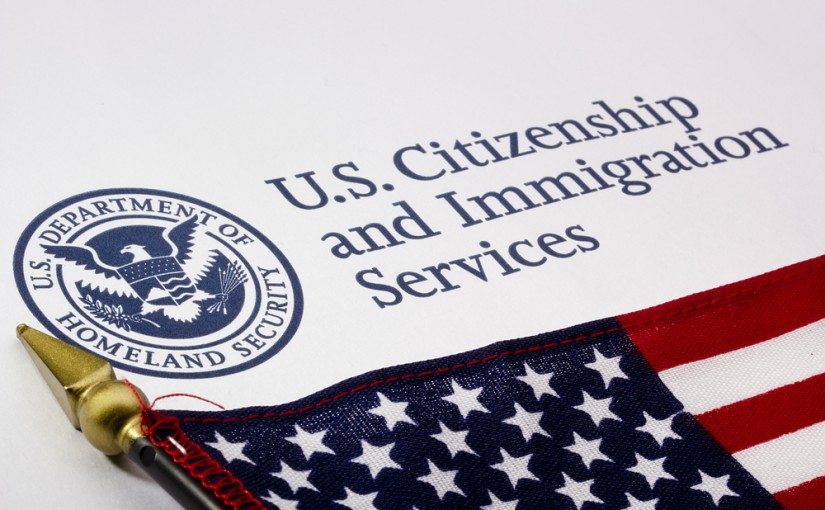Immigration Reform and the State of the U.S. Psyche

By: Parand Kashani
The Washington Post published an article last week discussing immigration reform and U.S. strength and security. The article, written by Robert Kagan, gave an in-depth analysis on the debate over immigration policies, and discussed the current Senate bill in light of these considerations.
Kagan discussed how immigration debates can tell us a lot about our country and our national psyche. He explains how when Americans feel secure about their nation, they take a more accepting approach to immigration policies. For example, they are willing to go out and compete in the global market and are open to exploring new ideas and experiences. Conversely, when Americans feel insecure, they are very harsh and restrictive when it comes to immigration policies. They fear the unknown and consequently, they tend to shield themselves from the world’s challenges.
Throughout this country’s history, there has been a correlation between national insecurity and the desire to limit immigration. As Kagan explains, in the 1850’s, Americans feared that U.S. democracy was in danger of being subverted by the wave of Irish and German Catholics. Similarly, in the 1900’s, Americans supported Asian exclusion for fear that Japanese immigrants were am advance guard for the coming invasion by the “yellow peril.” Then in the 1920’s, during World War I, the country experienced the most severe crackdown on immigration laws. Americans began shutting themselves off from the world, including shutting down American borders to the world’s vulnerable refugees.
As such, it is no surprise that in today’s immigration debate, opponents of reform express a pessimistic mood, arguing about both the loss of jobs to immigrant workers and the threat of terrorism. On the other hand, proponents of immigration reform take an optimistic view of the U.S. capacity to absorb and benefit from immigration. These views occur repeatedly on discussions regarding the current Senate bill.
The article explains how one of the most important parts of the Senate bill is that it shifts our immigration policy in a direction that strengthens U.S. competitiveness. The country’s current immigration policies are heavily weighed in favor of family unification. However, as the law stands, family unification includes not only immediate family, but it reaches to extended family as well, which has led to “chain migration.” The Senate bill would create a more “merit-based” system, which would expand the H1-B visa program for highly skilled immigrant workers. As President Obama and many others have pointed out, thousands of foreign students come to this country to receive excellent educations, they learn invaluable skills and are then forced to go back to their home countries and compete in markets against the Untied States. Why would we not keep those graduates here, so that our country and economy could benefit? This Senate bill addresses this very problem by expanding the H1-B visa program.
The article concludes by discussing how the new Senate bill gives Congress an opportunity to do something to strengthen the United States, both at home and abroad. The fact that Americans in both parties are beginning to favor immigration reform shows that the national psyche is shifting from one of insecurity and fear, to a nation of strength, security, and optimism. Hopefully, we can use this bi-partisan cooperation to pass an immigration bill that would address some of the most challenging problems facing our nation.





